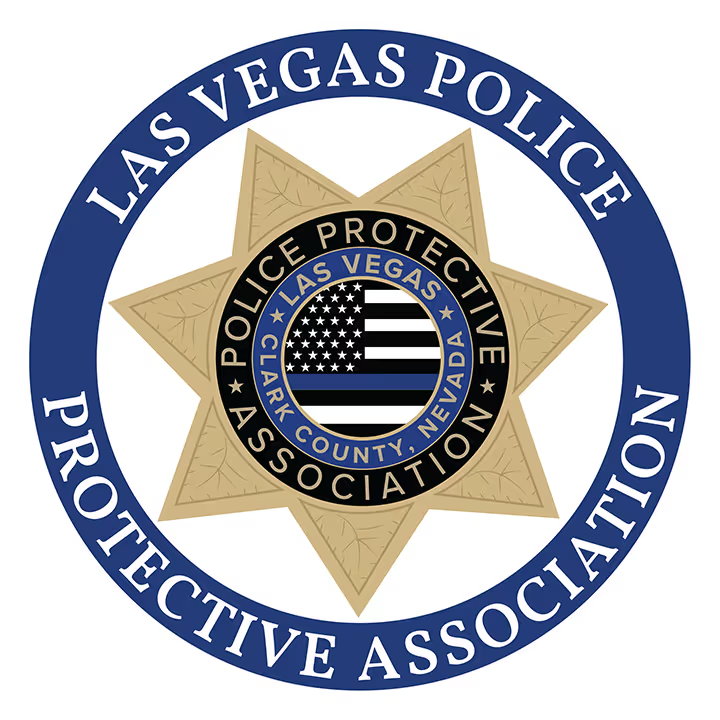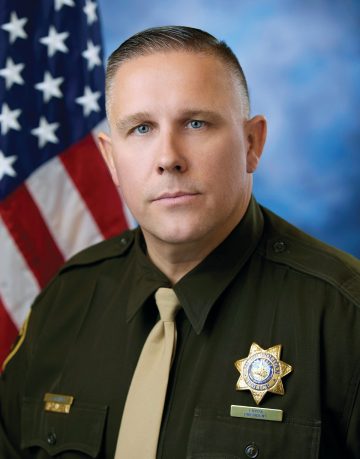Prioritizing Wellness in Law Enforcement: A Call to Action for 2025
Wow, 2025 is here! As a child, I envisioned a future filled with flying cars and robots handling our daily tasks. Clearly, we aren’t quite there yet, but with AI and cars that drive themselves, I clearly see we are on that path.
I wanted to write my first article of 2025 focusing on a critical and timely topic: wellness. This concept is resonating across the nation in various professions, but it’s especially vital for police and corrections officers. The realities we face in our daily duties can be profoundly traumatizing; what would be a “normal” day for us could drive an ordinary person to seek therapy. The experiences we endure — death, despair and suffering — are significant, and how we manage them is crucial. While we cannot avoid or change these harsh realities, we do have control over our responses to them. The trauma we carry from our profession deserves to be addressed and unpacked — not buried away. In previous decades, officers managed trauma through unhealthy habits like alcohol consumption and smoking, burying their feelings deep inside. Unfortunately, this approach has led to alarming consequences, including heart disease, addiction, broken families and even suicide. It became clear that we needed a better way to care for our well-being.
When Sheriff McMahill ran for office, he aimed to establish a Wellness Bureau. I initially viewed this initiative with skepticism — being an officer meant being tough, and we didn’t need therapists to discuss our experiences. However, my perspective changed dramatically after interacting with the compassionate staff in the Wellness Bureau and professionals like James Kilber. What I thought I knew about coping was fundamentally flawed. The supportive resources provided by Sheriff McMahill are invaluable; talented clinicians are here to help us and are available 24/7. Confidentiality ensures that our officers can seek assistance without fear.
As we stand today, almost 500 officers are engaged with the Wellness Bureau, a testament to its effectiveness, and that number continues to grow. I firmly believe that through this program, we will see a decline in officer suicides and substance abuse at LVMPD. I have two hopes for this initiative: (1) That more of our colleagues take the brave step to access these vital services and navigate the complexities of our work, and (2) That other law enforcement agencies across the nation recognize our Wellness Bureau as a model and follow suit.
At LVMPD, we had a saying about driving safety: “If you don’t arrive, you can’t assist.” This notion applies directly to our work; if we cannot show up due to unresolved trauma, we lose our ability to help those we have sworn to protect. It is essential for us to arrive every day ready to be better than the day before. We must foster an environment where open conversations about mental health are encouraged, recognizing that it’s OK to not be OK.
Help is readily available just around the corner from headquarters — the new Wellness Bureau is conveniently located nearby. If you are struggling or unsure where to turn for help, I urge you to visit the Bureau on Tonopah. Your well-being and the well-being of your family and fellow officers will hinge on that courageous decision. Together, we can build a healthier, stronger community in law enforcement.


